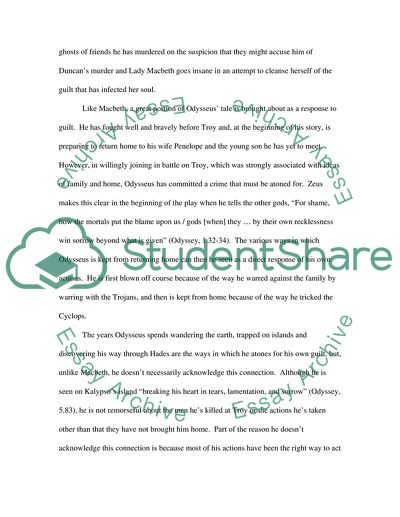Cite this document
(Art of the Odyssey Literature review Example | Topics and Well Written Essays - 2000 words, n.d.)
Art of the Odyssey Literature review Example | Topics and Well Written Essays - 2000 words. https://studentshare.org/literature/1550217-macbeth-the-odyssey-beowulf-and-gullivers-travels
Art of the Odyssey Literature review Example | Topics and Well Written Essays - 2000 words. https://studentshare.org/literature/1550217-macbeth-the-odyssey-beowulf-and-gullivers-travels
(Art of the Odyssey Literature Review Example | Topics and Well Written Essays - 2000 Words)
Art of the Odyssey Literature Review Example | Topics and Well Written Essays - 2000 Words. https://studentshare.org/literature/1550217-macbeth-the-odyssey-beowulf-and-gullivers-travels.
Art of the Odyssey Literature Review Example | Topics and Well Written Essays - 2000 Words. https://studentshare.org/literature/1550217-macbeth-the-odyssey-beowulf-and-gullivers-travels.
“Art of the Odyssey Literature Review Example | Topics and Well Written Essays - 2000 Words”. https://studentshare.org/literature/1550217-macbeth-the-odyssey-beowulf-and-gullivers-travels.


